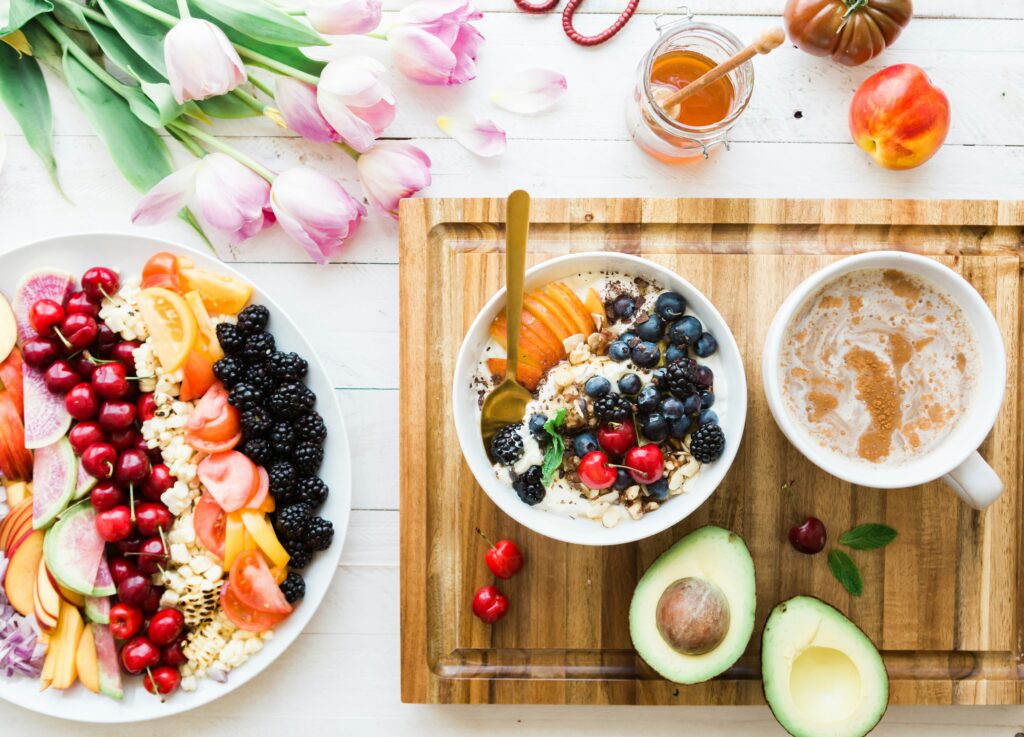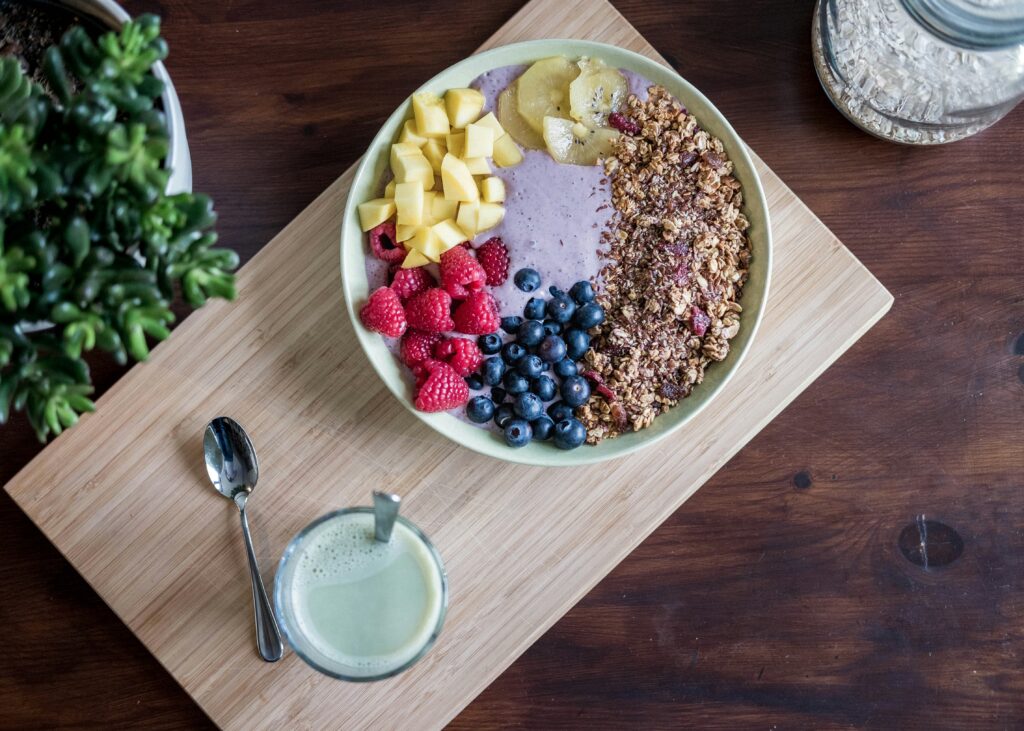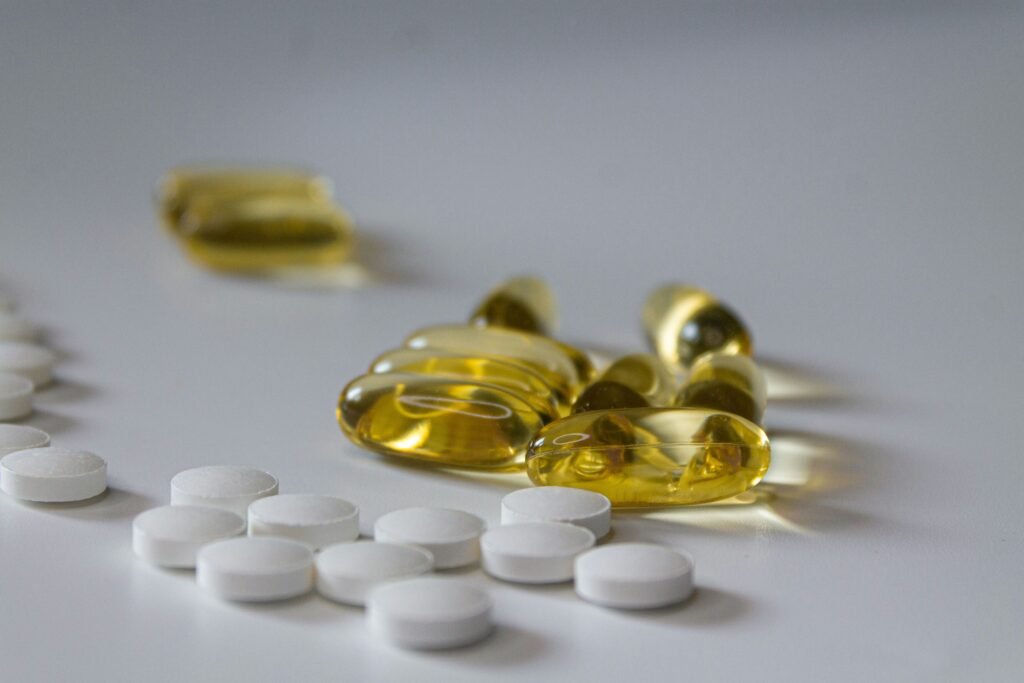Recovery Foods for Athletes

Whether you’re a weekend warrior, a dedicated runner, or a competitive athlete, your body demands the right nutrition to bounce back after a tough workout. Getting your recovery foods right is crucial if you want to repair muscles, reduce soreness, and get back on your feet feeling stronger.
Foods that aid in recovery and repair help you replace lost energy, rebuild muscle fibers, and restore key nutrients, all while keeping you energized and ready for whatever comes next.
In this article, we’ll explore the best recovery foods for athletes like you—from simple carbs to quality proteins and healthy fats—and even throw in some product suggestions that could make your post-workout meals and snacks even easier.

Why Nutrition Matters for Recovery
After a training session or game, your muscles are like sponges—they are ready to absorb whatever you feed them. What you put into your body during the crucial post-workout window has a significant effect on how quickly and efficiently you recover. During exercise, you deplete glycogen stores, lose electrolytes through sweat, and create tiny tears in your muscles that need repair. The foods you eat right after help to:
- Replenish glycogen: Carbohydrates replenish glycogen stores, giving your muscles the fuel they need.
- Repair muscles: Protein helps to repair those tiny tears in muscle fibers, leading to growth and increased strength.
- Reduce inflammation: Healthy fats, antioxidants, and essential nutrients aid in reducing inflammation and speeding up recovery.
Top 10 Recovery Foods for Athletes
1. Bananas and Peanut Butter
Simple yet incredibly effective. Bananas are rich in potassium, which helps to restore lost electrolytes. Pairing them with a protein-rich spread like peanut butter makes this an excellent post-workout snack. The sugars in bananas rapidly replace glycogen, and the protein in peanut butter helps initiate muscle repair. A great product to keep handy is Skippy Natural Peanut Butter—a perfect combo for a quick recovery snack.

2. Greek Yogurt with Berries
Greek yogurt is an amazing source of high-quality protein, while berries—like blueberries, strawberries, or raspberries—are loaded with antioxidants. These antioxidants help to combat inflammation that occurs after a tough workout. You can also add a drizzle of honey to this combo for a bit of natural sugar to help restore your glycogen levels.

Try Fage Total 2% Greek Yogurt along with Nature’s Turn Freeze-Dried Berries, which are great for a quick snack that requires minimal prep time.

3. Protein Smoothie with Spinach
Smoothies are convenient and allow you to pack in multiple recovery nutrients. For a great recovery smoothie, blend a scoop of protein powder, a cup of spinach, half a banana, and almond milk. Spinach provides anti-inflammatory properties while the protein powder helps with muscle repair.
For a high-quality product, try Optimum Nutrition Gold Standard Whey Protein. A scoop in your smoothie helps you hit your protein goals easily.

4. Chocolate Milk
Believe it or not, chocolate milk is one of the best-kept secrets for recovery. It offers a mix of carbs and protein in an ideal ratio for glycogen replenishment and muscle repair. It’s also extremely convenient, as you can easily pack it in your gym bag. Studies have shown that drinking chocolate milk after workouts leads to faster glycogen replenishment compared to some commercial sports drinks.
Look for Fairlife Core Power Chocolate Milk, as it offers a high protein content and has consistently great reviews from athletes.

5. Quinoa Salad with Mixed Veggies
Quinoa is a fantastic source of complex carbohydrates and contains all nine essential amino acids, making it a complete protein. Pair quinoa with mixed veggies like bell peppers, cucumber, and cherry tomatoes to get extra vitamins and minerals that aid recovery. Adding olive oil as a dressing provides healthy fats that fight inflammation.
If you’re busy and need a quick solution, Seeds of Change Organic Quinoa & Brown Rice is a convenient pre-cooked option that you can just heat up and add veggies to. The garlic-flavoured choice is one of several options for this tasty, easy-to-make product.

6. Salmon with Sweet Potatoes
Salmon is packed with omega-3 fatty acids, which help to fight post-exercise inflammation and muscle soreness. Sweet potatoes, on the other hand, are an excellent source of complex carbs and beta-carotene, which is an antioxidant. Together, these two powerhouses offer both high-quality protein and nutrients to promote healing and recovery.
If you’re looking for convenience, SeaBear Smoked Salmon is an excellent, ready-to-eat option that can be paired with a side of roasted sweet potatoes. The trio pack is a great option.

7. Eggs on Whole Grain Toast
Eggs are rich in high-quality protein and amino acids, such as leucine, that are essential for muscle protein synthesis. The whole-grain toast adds a dose of complex carbohydrates to replenish your energy reserves. A good balance of protein and carbs makes this a great breakfast after a morning run.

Try Nature’s Own 100% Whole Wheat Bread along with Vital Farms Pasture-Raised Eggs for a hearty post-workout meal.

8. Cottage Cheese with Pineapple
Cottage cheese contains casein, a slow-digesting protein that keeps amino acid levels elevated for an extended period, making it ideal if you need to recover overnight. Adding pineapple adds natural sugars and bromelain, an enzyme that helps reduce muscle inflammation.

Daisy Low Fat Cottage Cheese and Dole Pineapple Chunks make for a convenient and delicious recovery snack.

9. Oatmeal with Chia Seeds
Oats are one of the most versatile sources of complex carbohydrates and fiber, making them great for replenishing glycogen stores after prolonged exercise. Adding chia seeds provides a source of omega-3s, protein, and additional fiber. This combo keeps your digestion healthy while promoting muscle recovery.
Look for Quaker Oats Old Fashioned Oatmeal along with Healthworks Chia Seeds for a fiber-rich recovery meal.


10. Tart Cherry Juice
If you’re experiencing muscle soreness, tart cherry juice could be the solution. Tart cherries are rich in anthocyanins, an antioxidant that has been shown to reduce inflammation and muscle damage after exercise. Drinking this juice before bed can also help improve sleep quality, further aiding in your overall recovery.
Try Lakewood Organic Tart Cherry Juice as a refreshing, anti-inflammatory post-workout drink.

The Importance of Timing: The “Golden Hour” of Recovery
You may have heard of the “golden hour” of recovery, which is the 30-60 minute window immediately following exercise. During this time, your muscles are primed to absorb nutrients more efficiently, making it a key time to eat. Aim to consume muscle recovery foods like carbohydrates and protein in a 3:1 or 4:1 ratio during this period to maximize glycogen replenishment and muscle repair.
Quick food options like chocolate milk, bananas with peanut butter, or a smoothie can be lifesavers when you’re on the go.
Hydration: Don’t Forget the Basics
Post-workout nutrition doesn’t stop at food—hydration plays a huge role in your recovery as well. After exercise, you need to replace the fluids you lost through sweat. Electrolyte drinks are also useful, especially if you’ve had a particularly long or hot workout. Rehydrating properly helps your muscles to function optimally and can even reduce muscle cramps and fatigue.
A good product to consider is Nuun Sport Electrolyte Tablets. They are easy to carry and dissolve in water, making hydration effortless after any training session. There are several flavours to choose from.

Supplements for Enhanced Recovery
In addition to food, you might consider some supplements to speed up recovery, particularly if your training volume is high.


- BCAA Supplements: Branched-chain amino acids (BCAAs) can help reduce muscle soreness and speed up recovery. Scivation Xtend BCAA Powder is a popular choice among athletes.
- Omega-3 Fish Oil: Omega-3s can reduce muscle soreness and inflammation. Nordic Naturals Ultimate Omega is a trusted product that offers a high concentration of omega 3’s.
- Magnesium: Magnesium is a crucial mineral that helps prevent muscle cramps. You can take a magnesium supplement, such as Innate Vitality Magnesium Glycinate, or eat magnesium-rich foods like almonds, leafy greens, and pumpkin seeds.

Food for Thought
Nutrition is the key to maximizing your performance, and when it comes to recovery, it’s all about providing your body with the right combination of macronutrients and micronutrients. By integrating these foods into your diet, you’ll not only speed up your recovery but also prepare your body for whatever challenge lies ahead.
The next time you finish a workout, don’t just go about your day—be intentional about what you eat. Fuel your body with these top recovery foods, and you’ll notice a big difference in your energy levels, soreness, and performance.
Want to take it to the next level? Consider trying out some of the recommended products available to simplify your recovery routine and make sure you’re getting the very best for your body.
If you have any other questions about specific products or need more personalized recommendations for your recovery needs, feel free to ask. Recovery is an integral part of your athletic journey, and getting it right will help you stay at the top of your game. Check out Recovery Essentials Hub for more information.
This post contains affiliate links. If you click on one and make a purchase, I may earn a commission at no additional cost to you. Rest assured, I only recommend products or services I believe will provide value to my readers.


